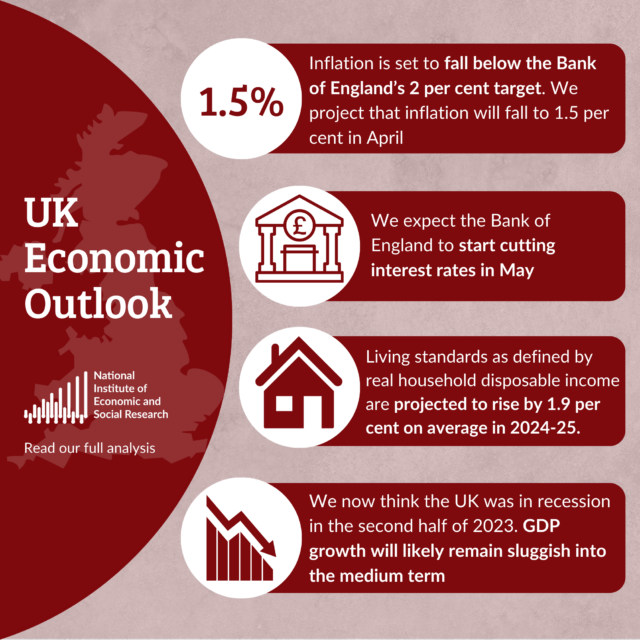- Home
- Publications
- Hours Worked Across The World: Facts And Driving Forces
Hours worked across the world: facts and driving forces
 Pub. Date
Pub. Date
 Pub. Type
Pub. Type
External Authors

Fuchs-Schündeln, N
Related Themes
Productivity, Trade, and Regional EconomiesJEL Code
E24, H20, H31, J21, J22, O11
Journal
National Institute Economic Review
Publisher
Sage Publications, London
External Resources
https://journals.sagepub.com/doi/full/10.1177/002795011924700110
Issue
247
I summarise new facts on hours worked differences across countries and their driving forces. The facts are derived from a comprehensive analysis of micro data sets. First, hours worked are substantially higher in poor than in rich countries. Second, lower hours worked in Europe than in the US can partly be explained by differences in vacation weeks and partly by differences in the demographic structure. Moreover, employment rates tend to be higher and weekly hours worked lower in Western Europe and Scandinavia than in the US, with the opposite being true in Eastern and Southern Europe. Last, among core-aged individuals, married women form the group that exhibits the largest differences in hours worked across countries. International differences in taxation, and especially in the tax treatment of married couples, are an important driver of these differences.
Related Blog Posts

Exploring the Data on UK Productivity Performance
Issam Samiri
Stephen Millard
11 Dec 2023
4 min read

UK Investment Past and Prospects: A Framework for Analysis
Catherine Mann
01 Dec 2023
6 min read


Where Are We With Regional Inequalities in the UK?
Adrian Pabst
Jagjit S. Chadha
01 Nov 2023
5 min read
Related Projects
Related News


Related Publications


Productivity and Investment: Time to Manage the Project of Renewal
12 Mar 2024
UK Productivity Commission

UK Households Should Start Feeling Better Off as Election Looms
07 Feb 2024
UK Economic Outlook

Adam Smith and the Bankers: Retrospect and Prospect
04 Jan 2024
National Institute Economic Review
Related events

Investing for Growth: boosting productivity through higher public and private investment

The Outlook for the Welsh Economy

Prais Lecture with Chris Pissarides: The Future of Work and Wellbeing

A View and Prospects for British Investment

How Can We Raise Investment?

Productivity Commission Evidence Session: Examining the Role of International Investment

High Dimensional Forecasting and its Pitfalls – M. Hashem Pesaran

Finance and Growth Workshop






